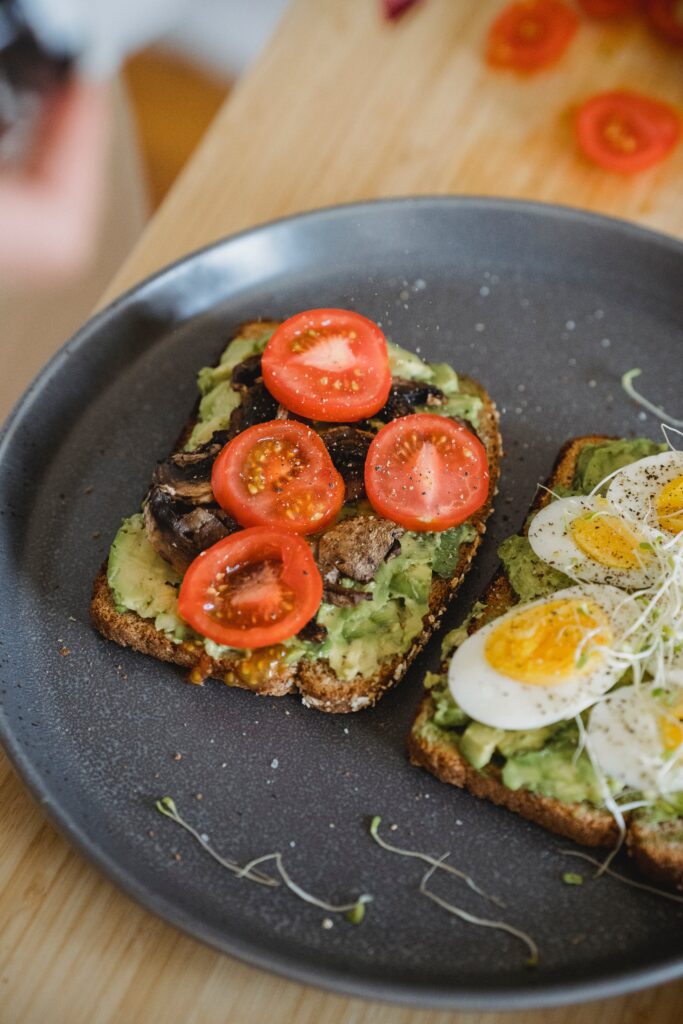
Photo by RF._.studio
Last month, my family and I embarked on a captivating journey right from our living room, thanks to a new Netflix series titled “Live to 100: Secrets of the Blue Zone”. This docuseries, hosted by Dan Buettner, explores the secrets of longevity. Buettner—a journalist, bestselling author, and National Geographic Fellow—has devoted a significant portion of his career to studying how and why certain people live exceptionally long lives.
He and his team study the world’s “blue zones”, or regions known for having the highest rates of centenarians—people who live to or beyond 100 years. These areas include Okinawa in Japan, Sardinia in Italy, Ikaria in Greece, Nicoya in Costa Rica, and Loma Linda in the U.S where there lives a micro-community of Seventh-day Adventists. Blue Zones aren’t just about geographic locations; they embody a set of lifestyle and cultural practices that contribute to remarkable longevity. The series takes viewers around the globe to investigate how these communities live, eat, work, and socialize.
It also challenges some common misconceptions about “healthy living” in the modern world. It’s alarming to note that the life expectancy in the U.S. has recently declined to 76.4 years, the shortest it’s been in nearly two decades. Contrary to popular belief, the key to a longer life isn’t necessarily found in 24/7 CrossFit or adhering to a strict dietary regimen like keto. “Live to 100” suggests that longevity is influenced by a complex interplay of factors. More than just diet and exercise, it encompasses a range of lifestyle choices and cultural practices.
Here are five lifestyle tips based on Buettner’s research and endorsed by scientists and doctors such as myself for living a longer, healthier life:
Natural Movement
You don’t need an expensive gym membership or loads of free time in order to keep active. In Blue Zones, exercise isn’t a chore; it’s an organic part of daily life. The key lies in creating environments that encourage constant, low-intensity physical activity. Take the Sardinians: their mountainous terrain naturally promotes walking, and their daily tasks, like shepherding or tending to vineyards, keep them on the move. Similarly, Okinawans integrate movement seamlessly into their daily routines, with practices like gardening and using fewer mechanized aids for household tasks. A recent CDC study demonstrated that even just walking 1.5 hours per week can reduce the risk for symptoms of type 2 diabetes. “Even small amounts of physical activity will benefit your health status,” says Frederik Kristensen, the study’s author.
The lesson here is simple yet profound: design your life so that being active isn’t a choice but a natural consequence of your lifestyle. This might mean walking to the store, taking the stairs, or hand-washing your dishes. I suggest 30 minutes of cardio at least 3 times a week—whether that’s light jogging, swimming, or fast walking.

Photo by Nicola Barts
Balanced, Plant-Forward Diet
The Blue Zone centenarians aren’t counting calories or actively dieting. Instead, their dietary patterns are balanced, unprocessed, and 95-100% plant-based. Central to their diet is a wide array of fruits, vegetables, whole grains, and legumes, with meat playing a minor role—typically as a small side or flavor enhancer rather than the main course. Studies performed at Loma Linda University show that Adventist vegetarians outlive their meat-eating counterparts by 9 years for men and 6 years for women.
A good way to get protein without meat is from beans. Beans rule the Blue Zone diets. On average, people in the blue zones eat at least four times as many beans as Americans do: soybeans in Okinawa, black beans in Nicoya, and garbanzo, lentils, and white beans in the Mediterranean. And, while they aren’t cutting carbs by any means (sweet potatoes are a staple in Okinawa), they eat complex carbohydrates as opposed to simple carbs, which metabolize quickly and spike blood sugar higher.
Managing Stress
We’ve all heard of stress as the silent killer, and it’s true: consistent stress can lead to chronic inflammation that brings injury and illness. Stress management in Blue Zones is an integral part of daily life. Each community has its unique methods, be it the Adventists’ Sabbath in Loma Linda, Ikarians’ daily naps, or Sardinians’ sociable happy hours. These practices aren’t luxurious add-ons but essentials that help reduce chronic stress and its detrimental health effects.
In our fast-paced world, adopting such rituals—be it meditation, yoga, or simply dedicating time to relax with loved ones—can profoundly impact our well-being. You can check out this earlier blog post for some stress-relief suggestions and links to breathing and meditation exercises. The idea is to create a routine that allows for regular decompression, acknowledging that taking time to unwind is not just a pleasure but a necessity for a long, healthy life.
Purpose & Belonging
A unifying characteristic of individuals in Blue Zones is a strong sense of purpose, known as ‘ikigai’ in Okinawa and ‘plan de vida’ in Nicoya. In other words, why do you wake up in the morning? For me, it’s my daughters and my desire to help treat people who need care. It’s about feeling needed and useful, transcending beyond just professional accomplishments to encompass all aspects of life, including family, hobbies, and community involvement.
Complementing this is a deep sense of belonging and engagement in faith-based communities, regardless of denomination. Only 5 of the 263 centenarians Buettner interviewed did not belong to a faith-based community. Spiritual engagement not only provides social support but also fosters a positive outlook and resilience. Embracing a purpose-driven life, particularly in older age and in retirement, contribute significantly to longevity.
Social Network
In Blue Zones, friends and family come first. Family structures are typically close-knit, with a strong emphasis on respecting and caring for elders, and multi-generational households are common. These social structures provide not only emotional but also practical support, such as sharing of resources and caregiving. Elder members of the community are revered and have roles in the family unit. By spending more time with friends and family, they feel happier and keep their brains engaged.
The takeaway here is the profound impact of social connections on health. Nurturing close relationships and embedding oneself in a community provides emotional support, reduces stress, and promotes healthy lifestyle practices, all of which contribute to longevity.
Incorporating these principles from Blue Zones into our lives provides a holistic approach to health that goes beyond diet and exercise, emphasizing the importance of mental well-being, a sense of purpose, and strong social connections. We can all make small, everyday changes for a longer, happier life. Slow down and enjoy it.
Salud, Dr. Yi Zhang
